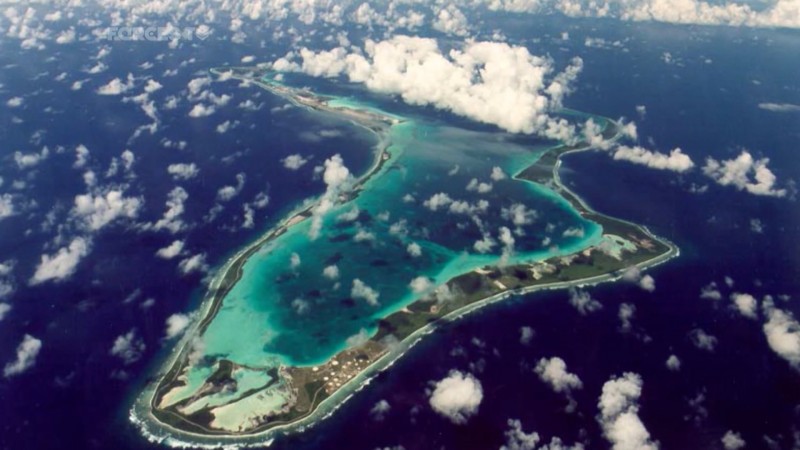
Climate change is a situation that can hardly be disputed nowadays. The ongoing warming of our planet as a consequence of extensive deforestation and the extensive use of fossil fuels has brought about changes in nature which in turn will bring dangerous changes to human livelihoods. One of the main effects of the increased temperature is the melting of the glaciers, specifically those located at the Poles. The rise of the sea level as a result of the diffusion of large percentages of water into the oceans from the melting of the ice, is an immediate danger for humanity and the same for the “archipelagic states”.
The definition of archipelagic state as far as the United Nations Convention on the Law of the Sea (UNCLOS) is concerned, can be found in Article 46 which provides that it is “a group of islands, including parts of islands, interconnecting waters and other natural features which are so closely inter- related that such islands, waters and other natural features form an intrinsic geographical economic and political entity or which historically have been regarded as such”. Several large countries are archipelagos. Some examples are Indonesia, Japan, the Philippines, New Zealand, and the United Kingdom.
The largest “archipelagic states”, however, are located in Southeast Asia and are Indonesia and the Philippines. Indonesia is the largest archipelago state, it consists of over 17,000 islands. Due to the large complex of islands and islets that compose the country, Indonesia manages, based on the laws governing the UNCLOS, to have under its control a large part of the maritime area in Southeast Asia.
Indonesia has benefited greatly from its archipelagic state status under UNCLOS. It allows it not only to claim sovereignty over all the waters between its islands – previously considered high seas – turning the area it controls into an “Indonesian lake” but also to dominate the area with exclusive rights to all resources in and below it from these waters (fisheries, fossil fuels, etc.). The concept that the nation is a single entity comprising the entirety of the archipelagos, their individual islands and surrounding waters, is a core Indonesian belief, known as Wawasan Nusantara (archipelagic outlook). Following this belief, the archipelago state was able to close its archipelago by drawing a special line known as an “archipelagic baseline”. The baseline is made up of points called basepoints that shall be on the islands furthest from the “center” of the state, drying reefs or even low-tide elevations (a naturally formed area in the sea which exhibits fluctuations, it is above water at low tide but submerged at high tide).
The rise of the sea as a result of climate change and global warming can lead to the disappearance/submerge of drying reefs or even low-tide elevations reefs. Indonesia’s National Research and Innovation Agency projected that 115 small and medium islands could sink by 2100 due to sea level rise. The loss of these “land bases” will not radically change the livelihood of the people in the country, as we are referring to uninhabitable rocky islands and reefs. On the other hand, it will inevitably bring about changes in Indonesia’s sovereignty in the sea and undersea area it currently controls.
Maritime areas that previously belonged to the Republic of Indonesia will rejoin international waters, depriving the archipelagic state of control over the sea lanes in these areas. Although most of the basepoints are reefs that will withstand rising seas, danger lurks. The casualty of a country, of course, can turn into gold for someone else, especially when we are talking about sea routes. The area currently controlled by Indonesia is a commercial crossroads for several countries in East and South Asia, among them China and Japan, as well as for global maritime trade. There are not a few countries that would not be displeased if such a development, loss of maritime sovereignty from the archipelago state, were to take place.
Indonesia, like other archipelagic nations, has little choice and must act immediately. An initial action which would protect the basepoints is the installation of lighthouses so that they are not affected by the rising sea. At the same time, the archipelago states of Southeast Asia like Indonesia and Philippines that sea rising poses a threat to them, could follow the lead of the Pacific islands, establishing among themselves a regional declaration of stable basepoints for the future regardless of whether they are below the surface of the sea. Nevertheless, where they should focus together is on the prevention of climate change. Archipelago states above all other states must have green policies and to take a collective action into constantly bringing back to the surface the importance of preventing climate change, focusing on their survival.
By The European Institute for International Law and International Relations.















